‘Next year will mark the centenary of the start of the Great War and the world has changed beyond recognition in that time’
Few cities in Europe rival Vienna for its rich cultural heritage and architectural magnificence. But for those who yearn for more than the legacies of Schubert and the Strausses and care to look beyond the eclectic mix of Romanesque, Baroque and Art Nouveau structures, it is Viennese history that is most fascinating.
The Celts and the Romans established and developed what would centuries later, during the Napoleonic wars, become the capital of the Austrian Empire – at which point Vienna’s political and geographical influence started to grow exponentially.
But the diachronically curious need not look back too far in time for something extraordinary. Exactly a century ago, Vienna was arguably the most important city in Europe and a number of its then inhabitants would, in various ways, go on to have the most lethal influence on events that shaped the lives of millions of people around the world.
In 1913, Vienna was home to Leon Trotsky, Joseph Stalin and Adolf Hitler – men who later not only changed the course of history but also, in the case of Hitler and Stalin, left a terrible stain on it like few others.
Whether any of them saw the city’s other most famous resident, Sigmund Freud, is not known, although it would be interesting to have heard his views about them.
That Trotsky met Stalin in Vienna is known – the two revolutionaries were fugitives. It is less clear, however, if they had contact – even inadvertently – with Hitler, but they frequented the same Viennese haunts, albeit by coincidence. At that time, the café culture that is now commonplace in Europe was already well established in Vienna and many of the city’s intellectuals were drawn to it – particularly the Café Central, which the three men visited.
Even with the self-belief, conviction and narcissistic arrogance possessed by those three men who would rise to almost unparalleled notoriety, it is inconceivable that 100 years ago any of them could have had the slightest inclination of what would follow, or their role in it. Hitler, for example, was at that time still attempting to make a living as a painter. Had he succeeded, the history of 20th century Europe might have been less appalling.
It is remarkable to consider that, for a brief time, these key figures lived in such proximity and generated radically opposed ideologies from their experiences.
In a further coincidence, another man was living in Vienna in 1913 who would also have a significant role to play: Archduke Franz Ferdinand. His assassination in Sarajevo a year later was the catalyst for the start of the first of the 20th century’s two world wars.
Next year will mark the centenary of the start of the Great War and the world has changed beyond recognition in that time. Vienna has long since lost its place on the global stage. Arguably, Europe also risks losing relevance. The instability that fractured the continent at that time has shifted elsewhere. Despite this, the ongoing financial crisis continues to breed the type of anger and resentment that could have more destructive long-term political and social consequences just as it did in the 1920s and 1930s.
Globally, the old order is changing and so are the geopolitical risks as Asia’s sphere of influence grows stronger. Within a decade, China is forecast to usurp the US as the world’s most powerful country. What happens next in the Asian region is uncertain – particularly in view of the recent behaviour of North Korea’s leader Kim Jong-Un and also the escalating disputes with China and Japan.
In 1913, future history makers, philosophers and ideological zealots would meet for a drink to argue or share opinions. Now they need only to log on to the internet to get an audience and influence. The Viennese coffee house of 100 years ago has been replaced by the global immediacy of social media, which brings together people instantly no matter where they are.
This is why China’s rulers know the internet poses the biggest threat to their political control – although paradoxically, it is also the government’s most effective weapon in the global cyber war it continues to wage. How long the Chinese government can keep suppressing its people by restricting their access is uncertain, but change is likely to come sooner rather than later.
In this era of instant global communication, those leaders and thinkers destined to most shape the next 100 years are unlikely to be living a short walk from each other today, but their ideas and influence will soon affect our world and the risks within it for better or worse.






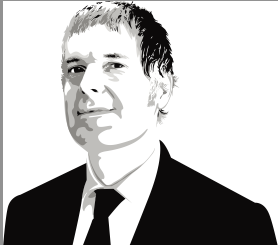
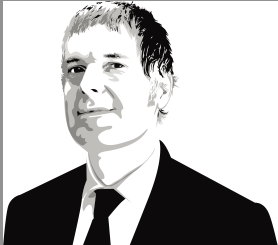
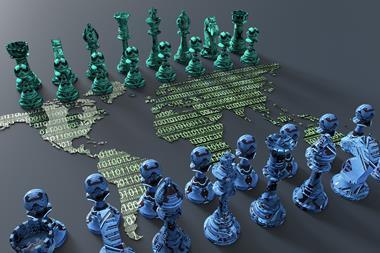

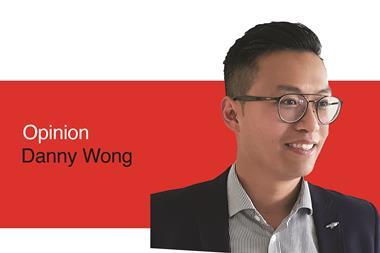

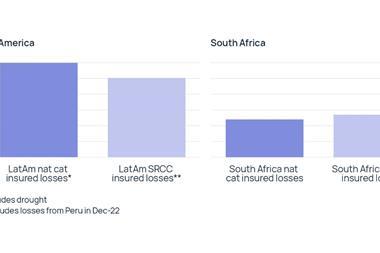
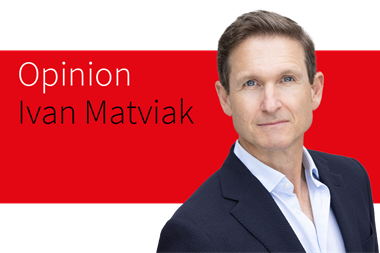



No comments yet